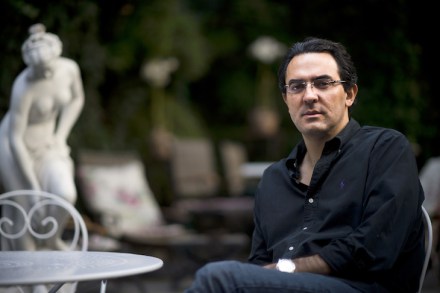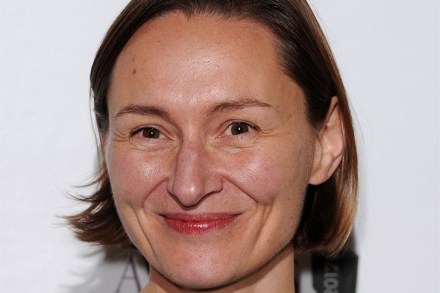The heart of Colombia’s darkness
What makes Colombia remind me of Ireland? It’s not only the soft rain that falls from grey skies on the emerald uplands around Bogotá. In both countries, ingrained habits of courtesy and charm can smooth over the jagged rifts left by a history of strife. Raised in Bogotá, and living there again after a decade





















